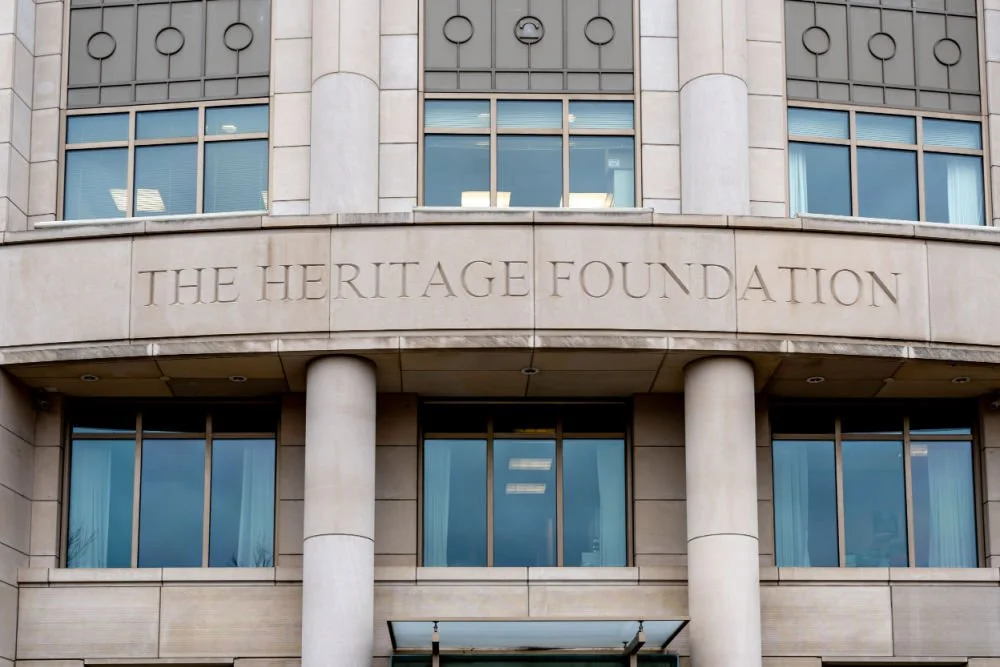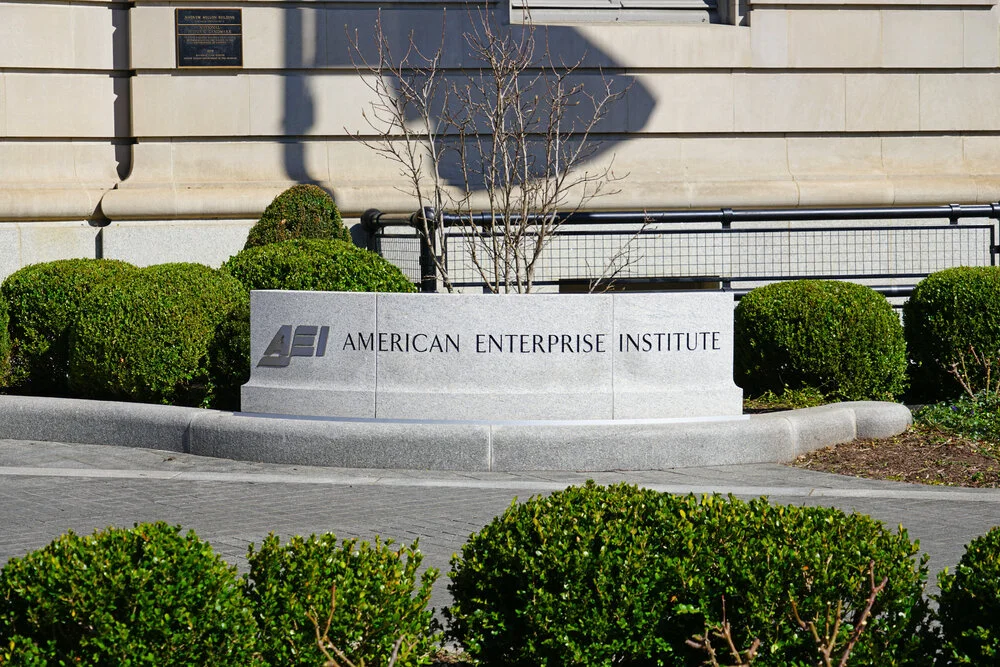"The Longer View." Inside the Bradley Foundation's Ambitious Push to Win State Policy Battles
/The Virginia State capital in Richmond
The Koch brothers aren’t the only donors that have ambitions of setting the national policy agenda to fuel the ascendance of conservative ideas. Hacked documents reveal that the Milwaukee-based Bradley Foundation, which supported Gov. Scott Walker’s effort to implement a fierce deficit-cutting, anti-union agenda in Wisconsin, have ambitions of taking that same agenda to all 50 states, including key swing states like Michigan, Colorado and North Carolina that are likely to be in play in 2020 and beyond.
Perhaps the most important revelation contained in the documents—as first analyzed by the Milwaukee Sentinel newspaper and the Center for Media and Democracy, which worked together on this—is that the foundation isn’t really focused on winning the White House or even specific state elections. Instead, the group’s chief executives, including former CEO Michael Grebe—who stepped down in 2016 to direct Governor Scott Walker’s abortive presidential bid—envision a prolonged campaign of grassroots infrastructure building that will allow conservatives to set the policy agenda by transforming the larger political culture and by promoting a new generation of conservative leaders to serve as ideological standard bearers.
These efforts, in turn, would build on three decades of support by Bradley of a who's who of conservative think tanks like the American Enterprise Institute and scholars such as Charles Murray, who the foundation has supported since the 1980s.
Related:
- The Forever Grant: Why the Bradley Foundation Keeps Bankrolling Charles Murray
- Forget About the Kochs. Meet the Real Masterminds of Conservative Philanthropy
- Who's Getting This Conservative Funder's Top Prizes?
- High Impact Philanthropy: Lessons From the Right
"You have to take a longer view on some of the things we're trying to accomplish," Bradley’s current CEO Rick Graber told the Sentinel in a recent interview. "You're not going to see definitive results every three months. It can take decades."
Bradley’s new state-based strategy is well grounded in precedent. An earlier generation of conservatives, led by the American Conservative Union, created the American Legislative Exchange Council or ALEC in the 1970s to establish statewide issue networks and to promote the candidacies of state legislators. One of ALEC’s specialties is to draft “model legislation” based on input from its corporate donors and to promote that legislation nationwide. Some of these corporate donors have cut ties to ALEC in recent years due to controversy over its role. However, ALEC still boasts about the numbers of ALEC members elected to state legislatures during each election cycle—and the number of ALEC-sponsored bills it helps pass.
The State Policy Network is another product of far-sighted and persistent conservative philanthropy aimed at influencing governing decisions at the state level. As we've reported, the late Thomas Roe played an instrumental role in financing the SPN—which works to bolster local policy groups across the U.S. that press a wide range of right-wing causes—and his Roe Foundation continues to nurture it with grants.
Related: Legacy: The Visionary Philanthropist Who Fueled the Right's Rise in the States
The Bradley Foundation’s vision for the states is also expansive. It includes underwriting local think tanks, opposition research centers, candidate recruitment groups and conservative media, as well as bill drafting organizations and litigation centers.
It’s noteworthy that Bradley also appears to be expanding its issue focus. While Bradley is best known in Wisconsin for its state-level efforts to promote school choice and increase work requirements for welfare recipients, it's always had broader goals. And now, it's giving new attention to other key issues in the states: (1) defunding labor unions, (2) discrediting the climate change movement and (3) promoting "family values" and marriage. Thanks to Bradley’s successful partnership with Walker and Republicans in Wisconsin, the foundation now has what the Sentinel describes as a “blueprint” for promoting this issue agenda elsewhere.
How ready is Bradley to operate nationwide? According to the hacked documents, most of its efforts are still focused on 12 states, seven of them in the West and Southwest. They include Texas, California, Oregon and Washington, as well as New Mexico and Arizona. However, in 2013, after receiving an influx of $200 million in new funding, the foundation conducted a survey of conservative infrastructure nationwide and decided to focus its local network building in just five states that have consistently trended blue in recent years, including Virginia, Colorado and Michigan.
The internal documents also provide new insights into specific initiatives undertaken by Bradley that reveal a closer involvement in state politics than the foundation has previously acknowledged. For example, Bradley bankrolled Governor Walker’s 2016 Future of the Family Commission, even providing a direct grant to the Wisconsin Department of Children and Families for that purpose. In addition, a Bradley Foundation staffer was a key member of the Commission, and Bradley-funded consultants shaped its recommendations for school vouchers and marriage tax-credits, which also downplayed the need for special state programs to support the needs of low-income residents.
Elsewhere—in Colorado, for example—Bradley has repeatedly funded groups like the Freedom Foundation that openly seek to “defund Big Labor.” At least one IRS expert has suggested that “union busting” lies well outside the legal definition of a “charitable purpose.” Bradley consistently denies that its funding is “political,” arguing that neither of the two main parties is explicitly favored in its funding. However, some of the hacked documents could well provide new ammunition to challenge that assertion.
Overall, the recently uncovered documents open a window to the behind-the-scenes workings of one of America's largest conservative foundations. With nearly $900 million in assets as of June 2016—up 50 percent from the $600 million recorded in 2014—the Bradley Foundation has experienced significant growth in recent years. However, as we reported earlier, it continues to receive only occasional scrutiny. The foundation’s increasing visibility and influence at the local level—above all in swing states that may be especially vulnerable to conservative dominance in the post-Trump era—should be of special concern to advocacy groups seeking to promote a progressive agenda.
Of course, as we often report, funders on the left—including the Democracy Alliance—have also been active in seeking to sway state-level policy debates. It's fair to say, though, that conservative foundations have been far more active and successful in this arena over recent decades. Now, with Bradley in the lead, they are seeking to build on that impressive track record.







































